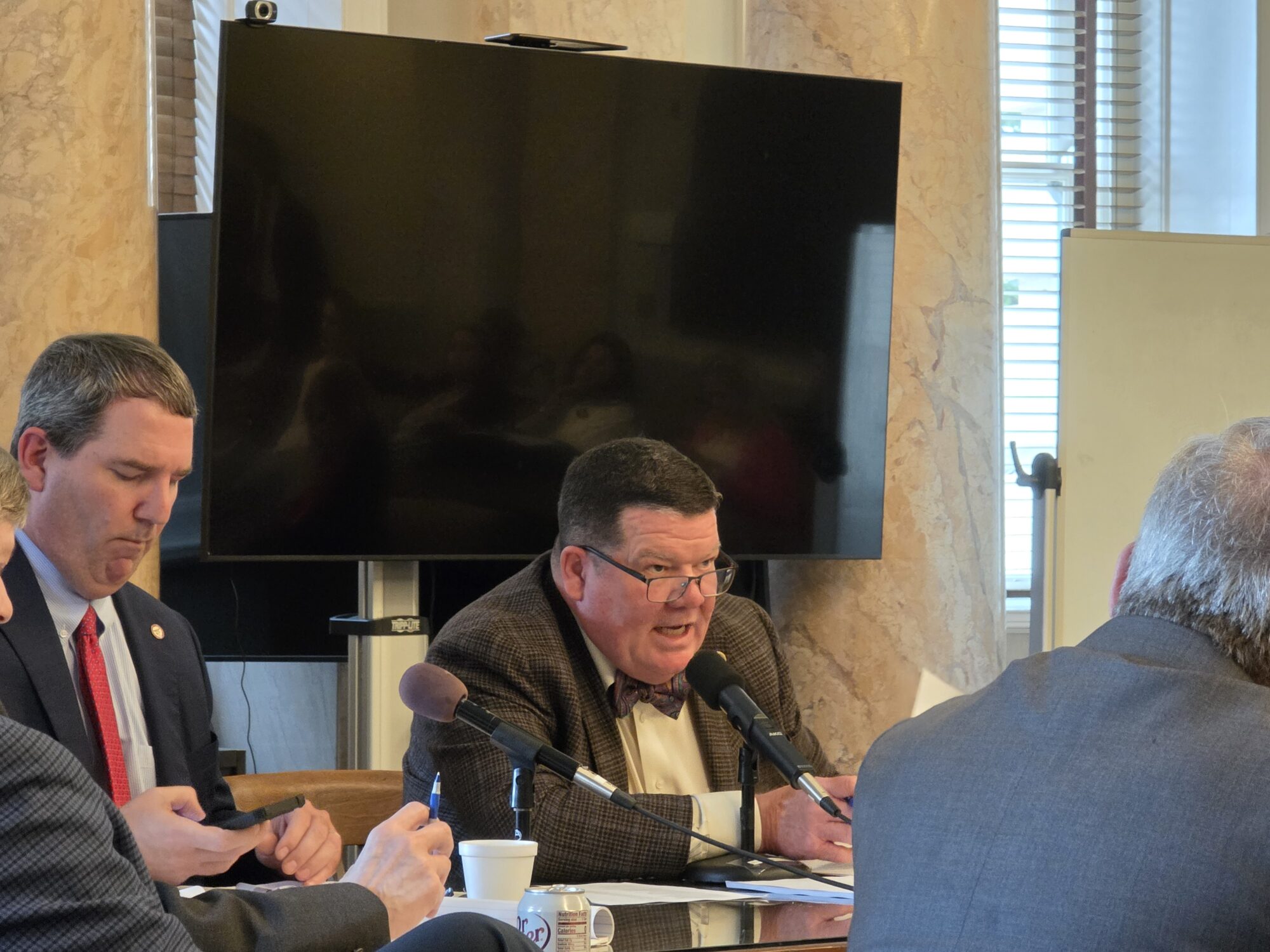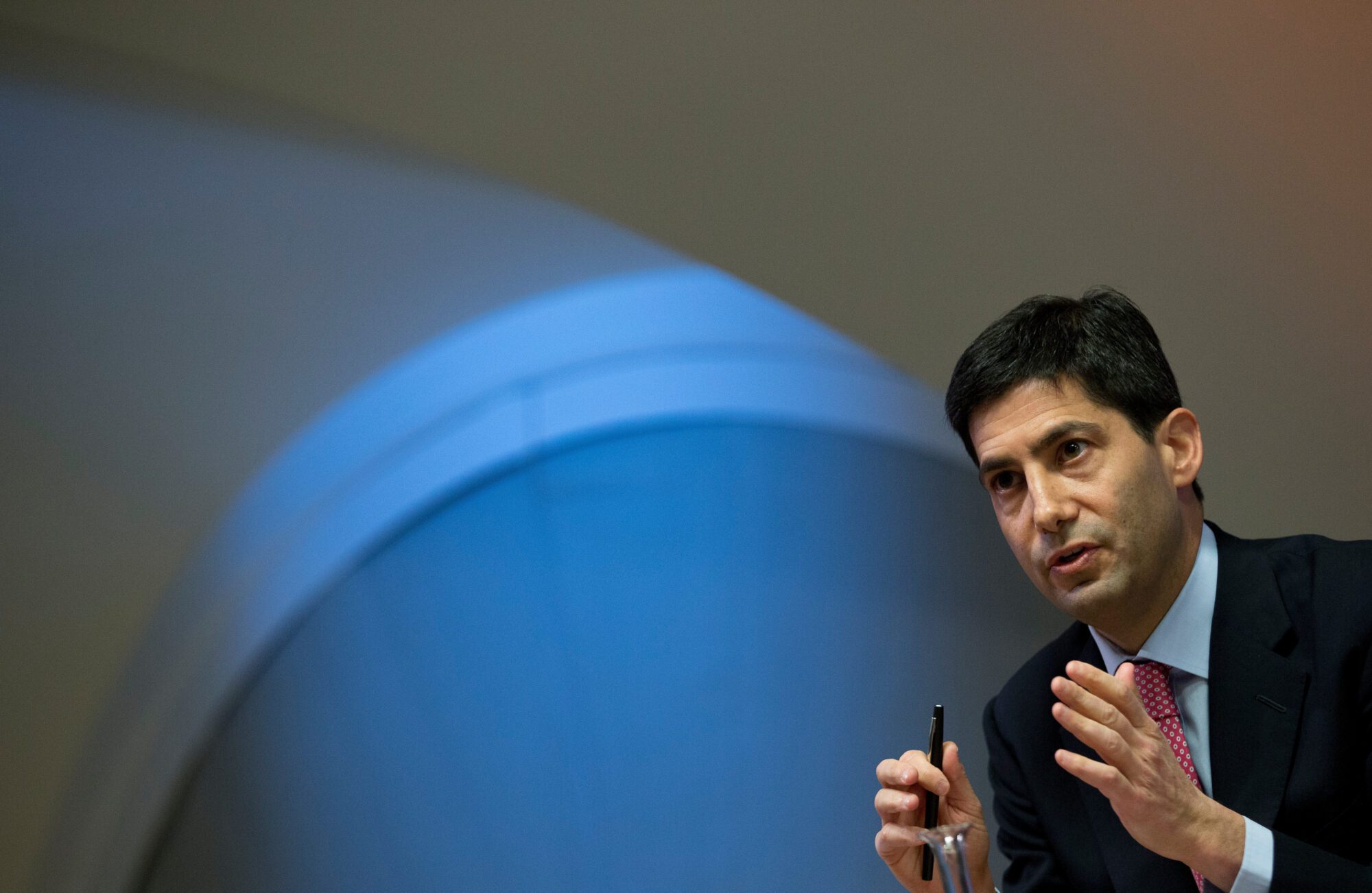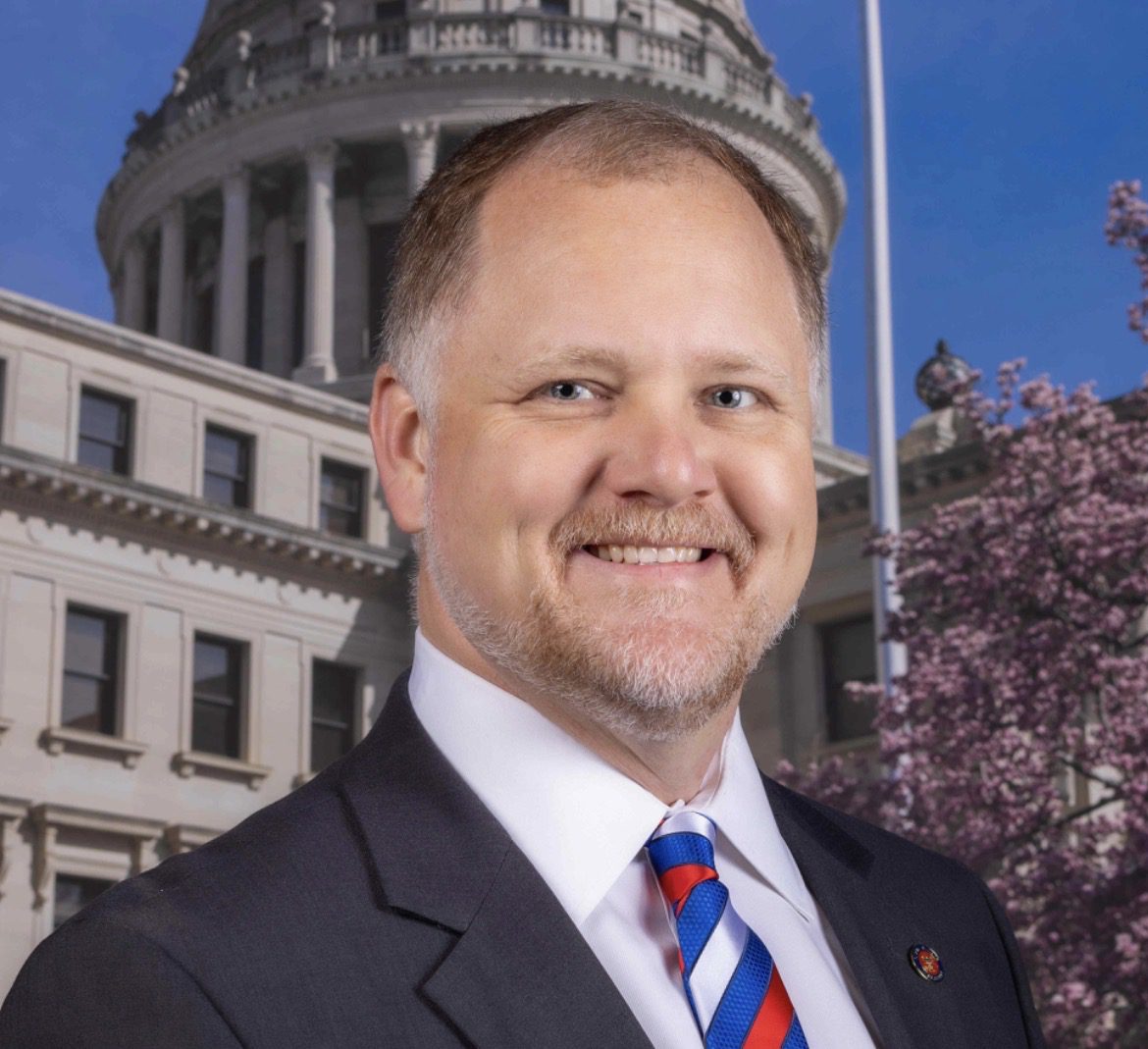
Russell Fitzhugh, left, greets MDOC Commissioner Burl Cain who congratulated him on his release on parole. Fitzhugh was the first inmate to complete a work release program that pays incarcerated inmates a wage while working at jobs in the community - November 2022. (Photo from MDOC Facebook)
- While on the job, the participant gains job experience that can lead to employment upon their release from prison.
A bill to extend the state’s pilot work release program for inmates for three years has received the Governor’s signature.
State Senator Juan Barnett (D), author of SB 2445, said the program gives inmates who meet certain conditions a chance to learn a skill and make money as they serve their sentence in the custody of the Mississippi Department of Corrections.

To participate in the work release program, an inmate has to have two years or less of their sentence remaining and must not have been convicted of a crime listed under code 97-3-2, which includes a violent crime such as human trafficking, murder, rape, and numerous other sex offenses, to name a few.
The participating employer is expected to pay no less than the “prevailing wage for the position and shall under no circumstances pay less than the federal minimum wage,” the bill states.
According to a Joint Legislative Committee on Performance Evaluation and Expenditure Review, or PEER, report from 2023, the average pay participants received was $13.35 per hour.
“What it does is allows up to 25 people in prison to be transported to a working job everyday that pays a prevailing wage,” Barnett said.
While the early version of the program allowed for only 25 participants statewide, this bill expands the program to allow for the participation of 25 inmates per participating correctional facility, said Wil Ervin with Empower Mississippi.
County work programs that are part of the effort include Rankin, Harrison and Lee Counties. This year’s extension added Hinds County to the list.
“It also expands the state-run work release program to all state-run facilities and authorizes work release programs in the regional facilities. Each of the programs operated by the state or by a regional facility is limited to no more than 25 participants,” Ervin said.
Participants in the program must establish a savings account with a local financial institution where a portion of their pay is to be deposited. Fifty percent of their earnings are put into the savings account which the inmate can access upon their release or parole.
The other 50 percent is broken down between paying fines, fees, restitution and any applicable child support (25%), covering the administrative and transportation costs associated with their participation in the program (15%), and participant use for “incidental expenses” (10%).
According to Senator Barnett, the program’s “incidental expenses” percentage provides the inmate with funds to purchase items from the correctional facility’s canteen.
The program is currently providing workers to mechanic shops, automotive dealers, cities, counties and other industries. While on the job, the participant gains job experience that can lead to employment upon their release.
To his knowledge, Senator Barnett said this type of work release program is not offered anywhere else in the nation.
“If we can get them gainfully employed, they can leave with a job and money so they can go out and help their families or get place to live,” Senator Barnett said, adding, “Versus them getting out with nothing and being back in jail within six months.”
The law also includes provisions for PEER to provide an annual report on the program’s performance and effectiveness.
Ervin noted that work release programs like these “allow individuals who are nearing the end of their sentences the opportunity to engage in meaningful work in the community and prepare them to successfully re-enter society.”
“Having a job keeps inmates out of trouble while in prison and sets them up for success once they are released, thereby reducing the likelihood they’ll commit another crime once they get out,” Ervin said. “We are grateful to Chairman Barnett and Chairwoman (Becky) Currie for their commitment to improving public safety, ensuring a safe and effective prison system, and responsibly stewarding taxpayer dollars.”










